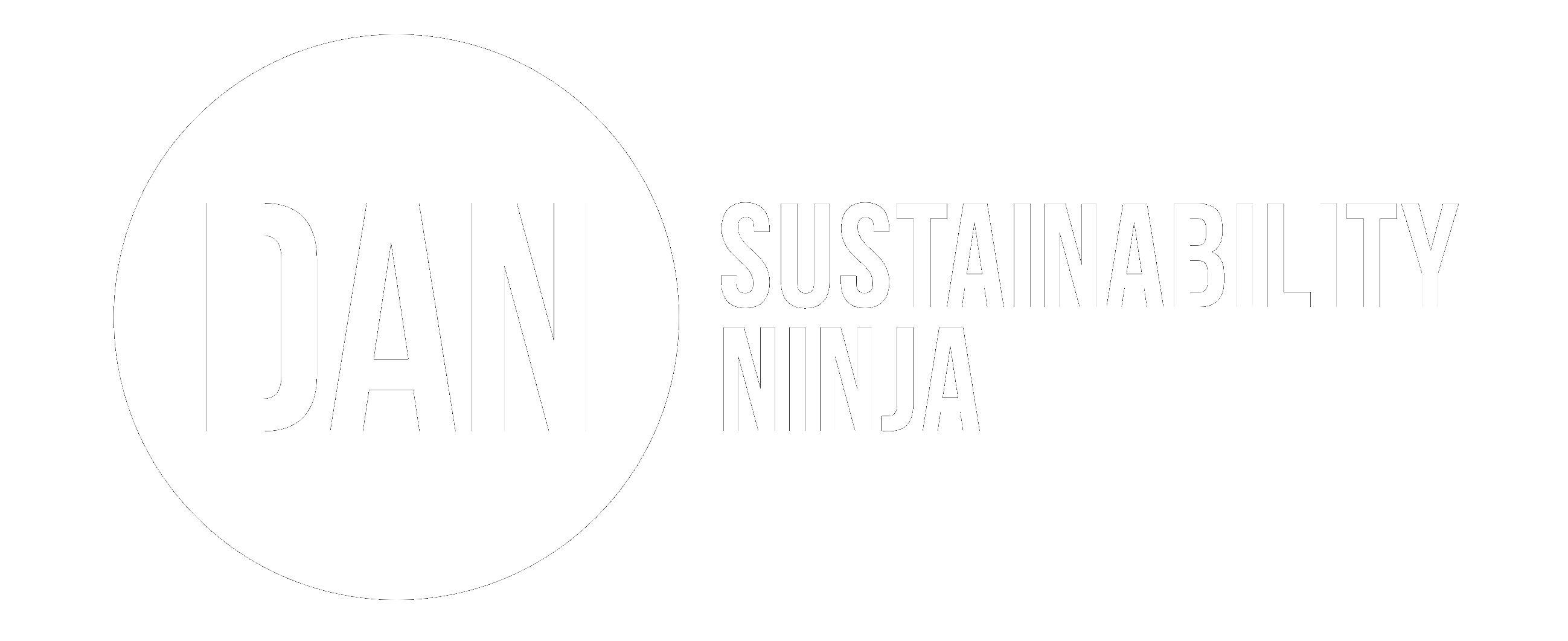E.ON is an international, privately owned energy supplier based in Essen, Germany, and has around 43,000 employees. Back in 2016, E.ON was the first major European energy company to fully focus on the new energy world, knowing that as an energy company they have an important role to play in climate protection. This is why I talked to David Radermacher, Vice President of Sustainability at E.ON.

David Radermacher
Daniel Anthes: Please create an “old school” tweet (meaning 160 characters) about what sustainability means to you.
David Radermacher: Sustainability to me means considering short and long-term implications on the environment, society and future generations in everything we do.
Anthes: How does your organization contribute to sustainability worldwide?
Radermacher: E.ON is the Energiewende-Company fully focusing on the new energy world. We install renewable energies, develop innovative and sustainable energy solutions for our customers and make our energy networks fit for the new energy world. We strive to be fore-runner of the distributed, climate-friendly energy world in Europe and act on climate through our core business.
Anthes: What is the main driver of your company’s sustainability activities nowdays, and how is that going to look like in the future?
Radermacher: We do not only want to help customers to be more sustainable and climate-friendly. It takes everyone’s individual effort. Therefore, we take our own share and reduce our own emissions. But we also focus on human rights and sustainability in our supply chain, because sustainable energy solutions require sustainable business practices.
Anthes: If you had all the power & money in the world, what would you do to change the world for the better?
Radermacher: I would focus on delivering SDGs 2 (zero hunger) and 4 (quality education). As a global society we need to be able to stop hunger worldwide. And education is the key to equality and well-being worldwide, but also to climate protection.
Anthes: What do you think is going to be the next big thing “in sustainability”?
Radermacher: I believe we will see sustainable finance and sustainable investing to be the new normal.
Anthes: Everybody has to pull together – that’s right. But who really needs to change his doing in order for our world to change for the better?
Radermacher: I believe it requires everyone’s individual effort. If we look at companies, regarding climate change we need to find new ways of going beyond short terminism.
Anthes: How will the world look like in 2050? Which megatrend will have the biggest impact?
Radermacher: I don’t know what the world will look like in 2050. But I hope that we can look back and state: “The World stood together to limit global warming to less than 1.5°C and it was tough, but we managed to work together to hand this world over to our children in a stable condition.”
Anthes: Do you know how big or small your personal carbon footprint is? Please give us a (if necessary wild guess) figure.
Radermacher: My footprint is probably around 11 t CO2, which is too high.
Anthes: In your personal life, what do you do to live more sustainably?
Radermacher: I recently ordered an electric vehicle and I try to limit flying to a minimum. I took the train for all business travels besides one exception this year. I do not eat meat and focus on buying regional and seasonal food. These are small things, but I believe it is about doing many small steps towards living sustainably.



